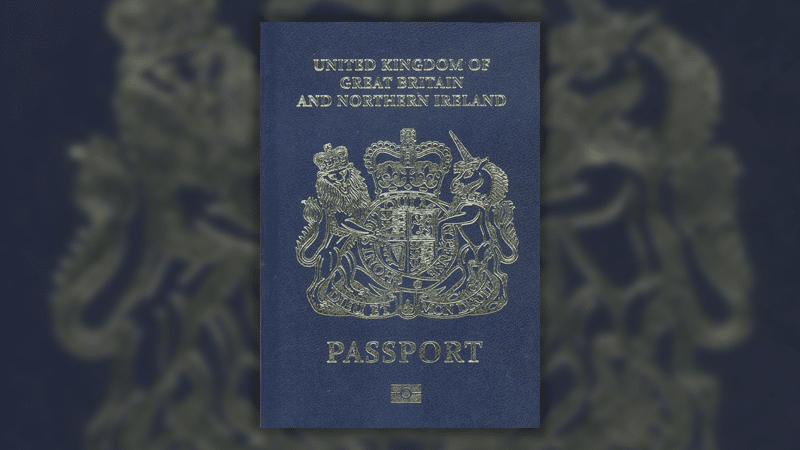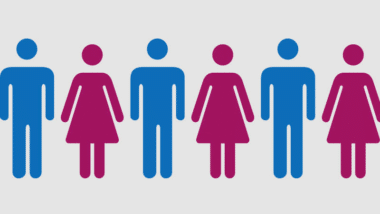Government ministers are being urged to close a ‘major loophole’ which allows people to easily change official documents to self-identify their sex.
In order to legally change sex by obtaining a gender recognition certificate and an altered birth certificate, a person must have lived as if they are a member of the opposite sex for two years, have a medical diagnosis of gender dysphoria, and be approved by a panel.
But it is a much simpler task to change the sex markers on documents such as driving licences and passports.
Flimsy requirements
In response to a Freedom of Information request submitted by campaigner Payton McIntosh, HM Passport Office confirmed that in 2022, more than 500 people requested their legal sex be altered on their passport. Between 2018 and 2022, more than 3,000 requests were approved.
The only requirement made by the Passport Office is a note from a medical practitioner – which could be a ‘specialist nurse’ rather than a clinical psychologist – stating that the person’s desire to live as a member of that sex is “likely to be permanent”.
The DVLA requires only a signed statement from a solicitor ‘confirming’ the new identity in order to change the sex registered on a driving licence.
‘Major loophole’
A Government source told the Daily Mail: “This is a major loophole that is made more problematic by the fact that passports and driving licences are frequently used as evidence when applying for a Gender Recognition Certificate (GRC).
“It is imperative that the Home Office and Department for Transport start looking seriously at this issue.”
Last month, Christian MP Miriam Cates raised the issue in the House of Commons, asking Equalities Minister Kemi Badenoch why it was easier to obtain an amended passport than a gender recognition certificate.
She said: “Sex matters, in life and in law, and it is right that the UK has its own rigorous processes for gaining GRCs, but these safeguards do not apply to the process of changing sex markers on passports and driving licences, which are far more commonly used for identification in real life.”
‘Flouting biology’
In an article for The Daily Mail, James Esses, co-founder of Thoughtful Therapists, wrote: “It is no exaggeration to say this amounts to inaccurate government ID, on demand – and one that risks flouting biology.”
He agreed with Mrs Cates that in practice, passports and driving licences are more important documents due to their everyday usage, saying: “If you’re opening a bank account or hiring a solicitor, your passport is the most important document, perhaps along with proof of address, necessary to establish your identity.
“The same is true in less formal settings, such as pubs or supermarkets, where young people might need to prove they are aged 18 or over.”
‘Alarming’
Esses also noted that for those who obtain a medical note to change their sex on a passport, “There is no requirement for the practitioner to have meaningfully explored the underlying causes of the person’s desire to transition. That perhaps explains why so many applications are successful.”
He also called it “alarming” that children are able to self-declare their sex on a passport, without requiring consent from a parent or guardian.
“For many months, campaigners’ attention has been riveted on legal wrangles in Scotland over the right to ‘self-identify’ – that is, whether any biological male who claims to be a woman must have his assertion treated as fact. It now seems we were all looking in the wrong direction.
“While the Scottish government bickered over self-ID, the Passport Office introduced it almost as a fait accompli across the UK, for children as well as adults. And that should worry us all.”
‘Gender-neutral’ passport case dismissed by Supreme Court judges
Bournemouth Council rejects ‘gender-neutral’ language
Scots council reinstates single-sex toilets at school after campaign by parents


